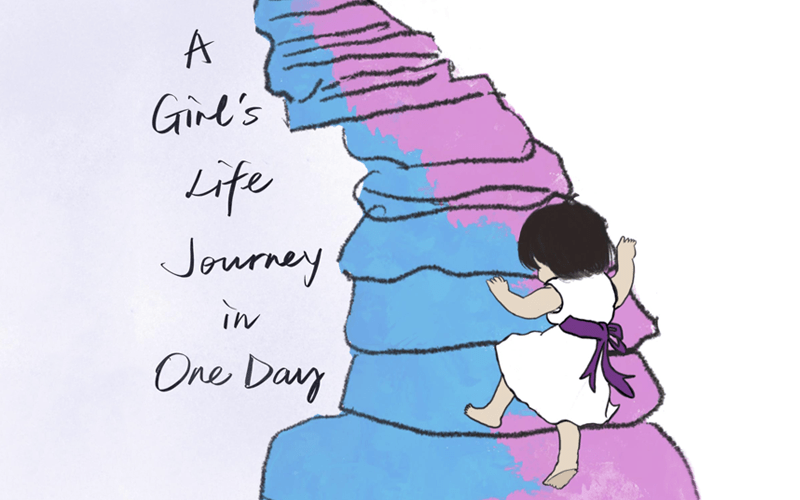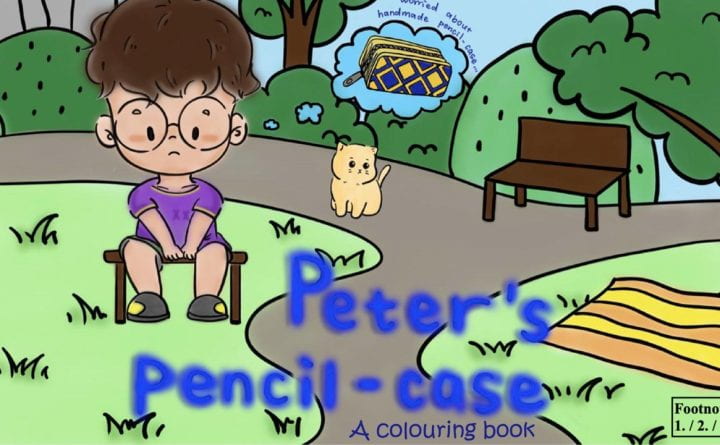Group work in assessment can be challenging. Module leaders need to ensure that each member contributes meaningfully to the project and be ready to deal with disparities in individual efforts. This involves clear expectations, guidance on what good collaboration looks like and mechanisms for accountability. Working together with others is an essential skill to develop and one students will much appreciate in the long run.
In the following video case study Dr Meghanne Barker, lecturer in the Department of Education, Practice, and Society at the IOE, talks about how she manages a group work assessment in her module on Children in Society: Anthropological, Historical and Sociological Perspectives (EDPS0253) for second-year undergraduate students.
What we did and why
The module Children in Society: Anthropological, Historical, and Sociological Perspectives (EDPS0253) aims to familiarise students with key debates and concepts in childhood studies across anthropology, history, and sociology. It adopts a cross-cultural, transnational, and trans-historical perspective on children and childhood, considering various dimensions such as race, gender, sexuality, and disability. The complex relationship between dominant ideologies of childhood, as imagined by adults, and children’s daily lives is a central theme, explored in various contexts, including families, work, play, and online interactions.
Assessment for the module is divided into a group project (50%) and an individual reflection (50%). The group project involves designing a creative interpretation of historical, sociological, or anthropological research on childhood, presented as a game, story, podcast, or film. Specific themes explored in these projects range from racialised and gendered subjects to children in “adult” spaces and displaced children. Previous project outputs have included storybooks and games. These are integrated with footnotes to connect with class readings and independent research.
The individual reflection component encourages students to provide a written commentary on how their artefact design illustrates specific themes or theoretical concerns from the module. Accepting multimedia submissions, this aspect allows students to delve into personal insights, share experiences with peers, and reflect on the project’s broader concepts. To address fairness concerns in group work, individual reflections serve as a platform to showcase individual contributions.
In facilitating the learning experience, Meghanne dedicates lecture and seminar time to address queries and offer guidance, ensuring students feel supported in navigating the novel assessment format. Positive feedback from students highlights excitement and motivation, making the module a distinctive and enjoyable learning endeavour. Looking ahead, Meghanne aims to integrate theoretical concepts more deeply and enhance inclusivity based on student input, fostering a collaborative approach for ongoing improvement in teaching and assessment methods.
You can read a student perspective from Wendy Wen, Yifan Chen, Yiwei Lu and Yiping Tang on the assessment on the IOE student blog.

This AdvanceHE guide written by Nigel Francis ( School of Biosciences, Cardiff University, Cardiff), Matthew Allen and Jane Thomas (both from wansea Academy of Learning and Teaching, Swansea University) gives suggestions on good practice when setting group work assessments. From deciding group numbers and allocating students, to providing students with a ‘group work framework’ and teaching them how to behave within that framework.
Group work is a challenging teaching methodology, but to build trust and collaboration between students, it is essential to give them opportunities to practice. Despite its challenges, group work, if set up correctly, offers students many learning opportunities and
exposure to different viewpoints that cannot be replicated during individual assignments.
